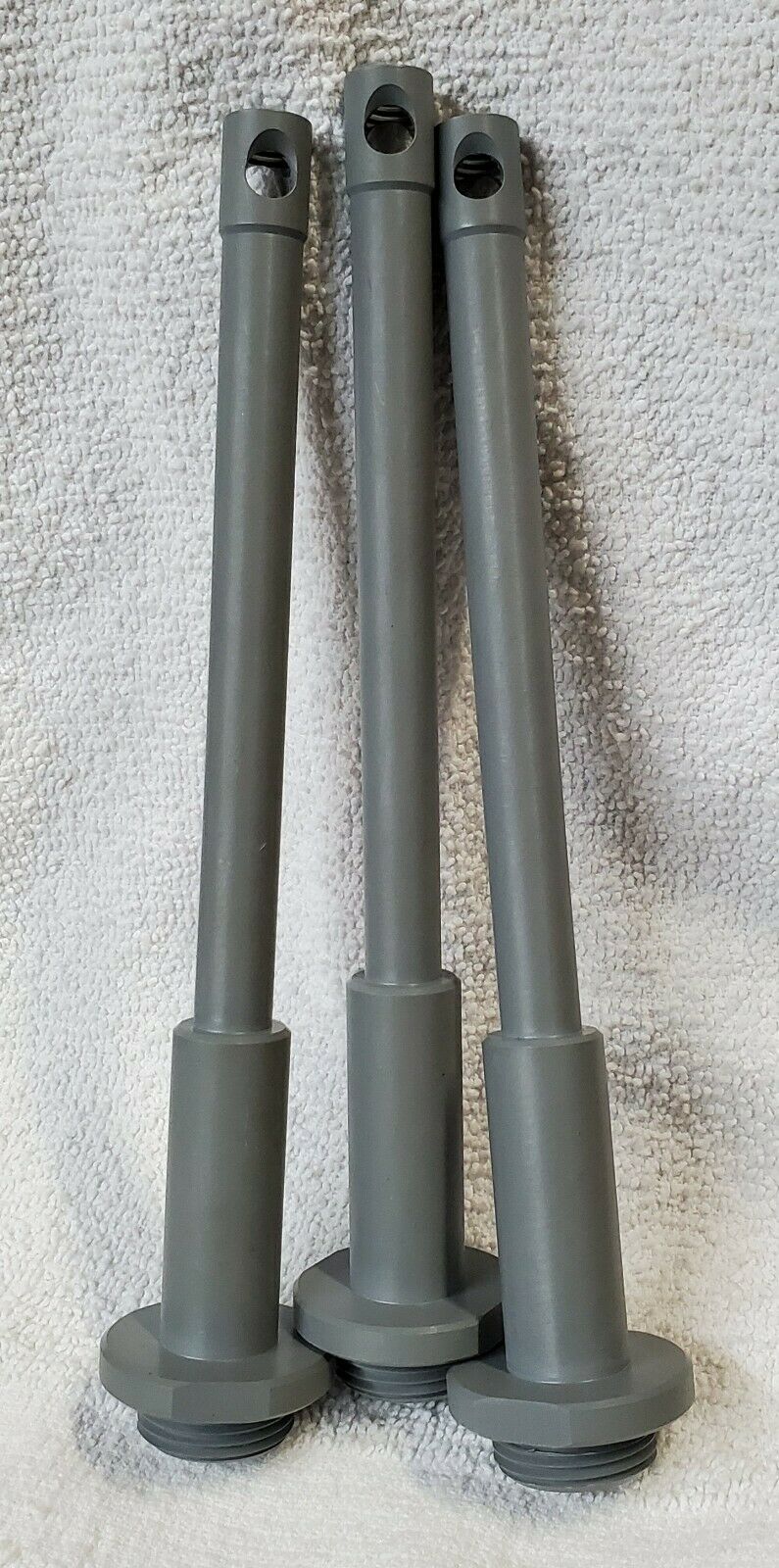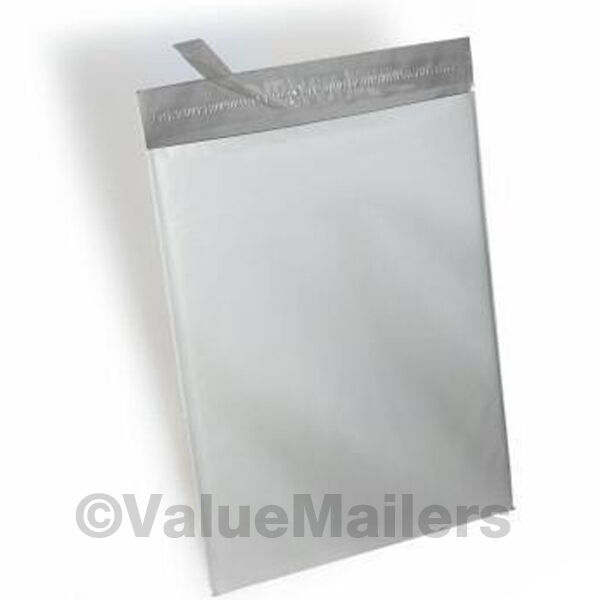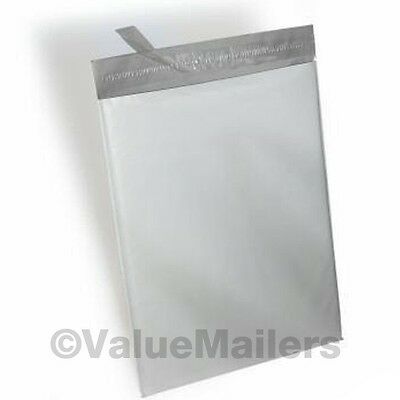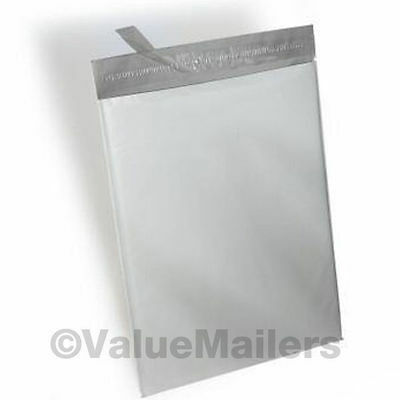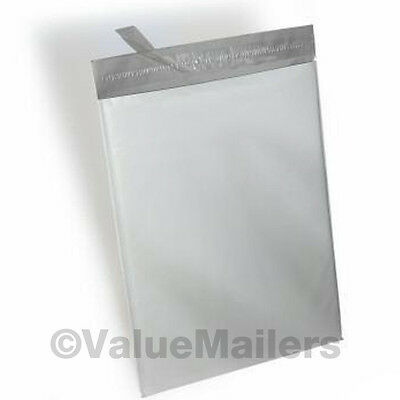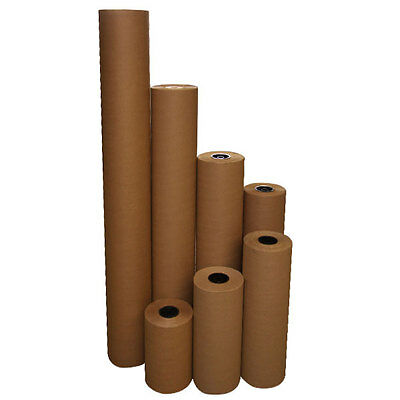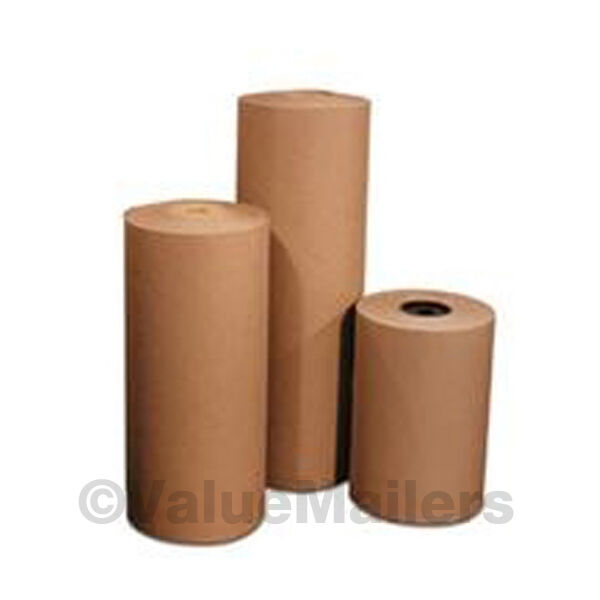-40%
Overflow Nozzle, inner tubes , 2 hole .750 size
$ 198
- Description
- Size Guide
Description
Express Machining &ManufacturingHigh End Precision
Gravity Flow Nozzle parts
OverFlow Nozzle parts
OEM TYPE,
PDL replacement TYPE
will fit OEM, PDL TypeNozzles
This auction is for 3
innertubes.
Each tube is machined from 1 solid piece of CPVC for superior strength.
2 hole port,
Seal Cup Dia .750
inner tubes only.
Thread 1"/14
Inner tubes are direct replacements forOEM, PDL Nozzles. Designed by Express Machining,
.
are better than PDL.
Better Pricing, Fast deliver and flow better.
If you are looking forcomplete Nozzles email me
If you are looking for Tips, Cups, Spouts, Outer Tubes oranything, Please email me and I will call you back ASAP
Nozzle parts can be made from
PVC, CPVC, POLLYPRO, KYNAR PVDF alsomachine other plastic products, Micro Adjusters, Centering Devices and muchmuch more
Need something made right away Please reach out to me. Prototypes, Design Work
Also Rework parts to get you up and running ASAP
Manufactured right here in USA, in NewHampshire.
BIG PLUS most of what you see is overseas and good luck getting help or parts.They are NOT OEM.
For more info and pricing please call Brian
email Brian, I will get back to you ASAP
CHEMICAL RESISTANCE AND CHEMICAL APPLICATIONS FOR CPVC.
Chlorinated polyvinyl chloride (CPVC) has become an important engineeringthermoplastic due to its relatively low cost, high heat deflection temperature,chemical inertness and outstanding mechanical, dielectric, and flame and smokeproperties.
The purpose of this document is to present a more detailed analysis of the chemicalresistance capabilities of CPVC. It will provide specifies and installers withinformation about those applications in which CPVC performs the best, as wellas those in which its use may be limited or not recommended at all. Variablesthat can affect chemical resistance include chemical concentration,temperature, pressure, external stress and final product quality. Since thenumber of possible use conditions is so large, the final decision regardingmaterial suitability often must be based on in-service testing and directcommunications with the piping manufacturer. This paper addresses capabilitiesand limitations that will provide general guidelines for an end-useapplication.
One of the most attractive features of CPVC piping is its resistance tocorrosive chemicals – the same chemicals that can degrade and reduce theservice life of many metals, potentially causing expensive maintenance,disruption of operations and property-damaging leaks in these systems. Many ofthe same chemicals that cause the greatest damage to metal piping, includingacids, caustics and salts, can be handled well by a properly installed CPVCpiping system. In addition, CPVC piping is not pH limited. It can accommodatewide pH swings in the fluids it transports. As a result of its superiorcorrosion resistance, CPVC is proven acceptable for use with many differentchemicals used in a wide array of industrial operations. Industries that havealready successfully installed CPVC piping systems include metalfinishing(chrome plating), chlor-alkali, wastewater treatment, pulp and paper,and food cand beverage. In the metal finishing/plating industry, there arenumerous reasons why CPVC has proven to be a viable alternative to metal –primarily because of the strong acids used, including sulfuric acid for chromeand nickel stripping and the use of nickel sulfate and nickel chloride. Inaddition, the industry utilizes a many high pH caustics. These corrosivechemicals, especially when used in high-temperature environments, can quicklycreate major corrosion problems. CPVC not only offers the necessary chemical-and temperature resistance, but it also possesses the required impact andtensile strength. Similarly, the chlor-alkali industry frequently transports anumber of highly corrosive chemicals, including sulfuric acid, sodiumhydroxide(caustic soda), cell liquor (brine, sodium hydroxide), sodium chloride(brine),sodium hypochlorite, hydrochloric acid, and dematerialized / deionizedwater. All of these have proven to be compatible with CPVC.
